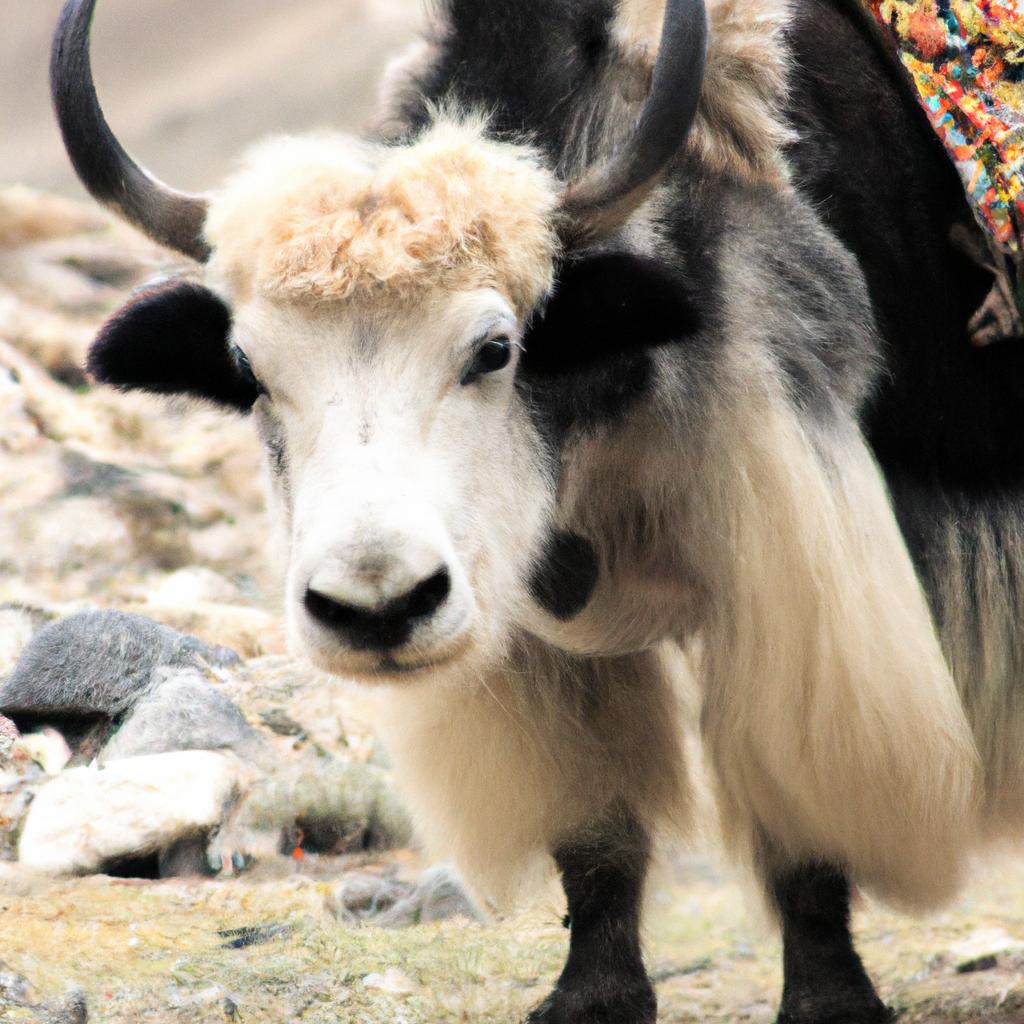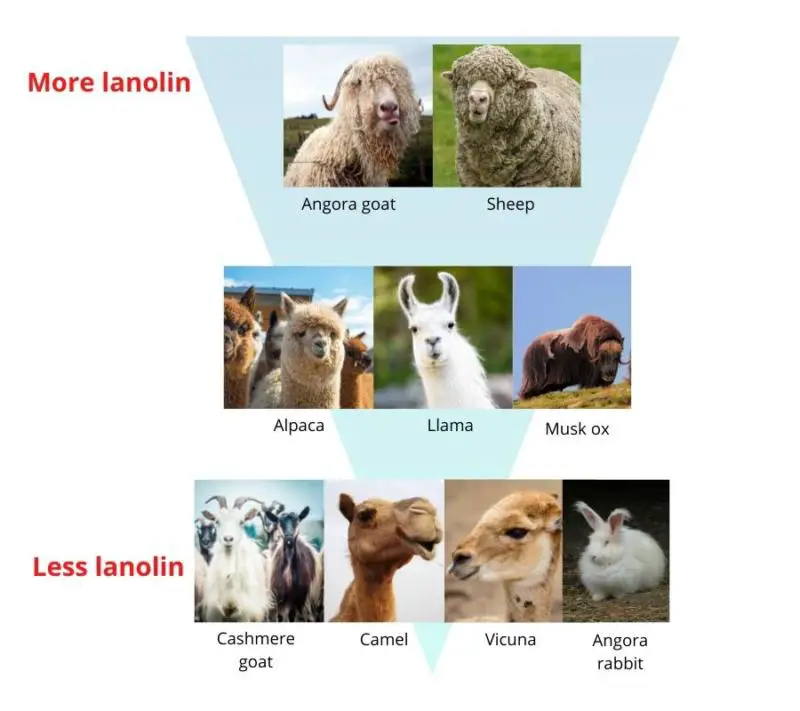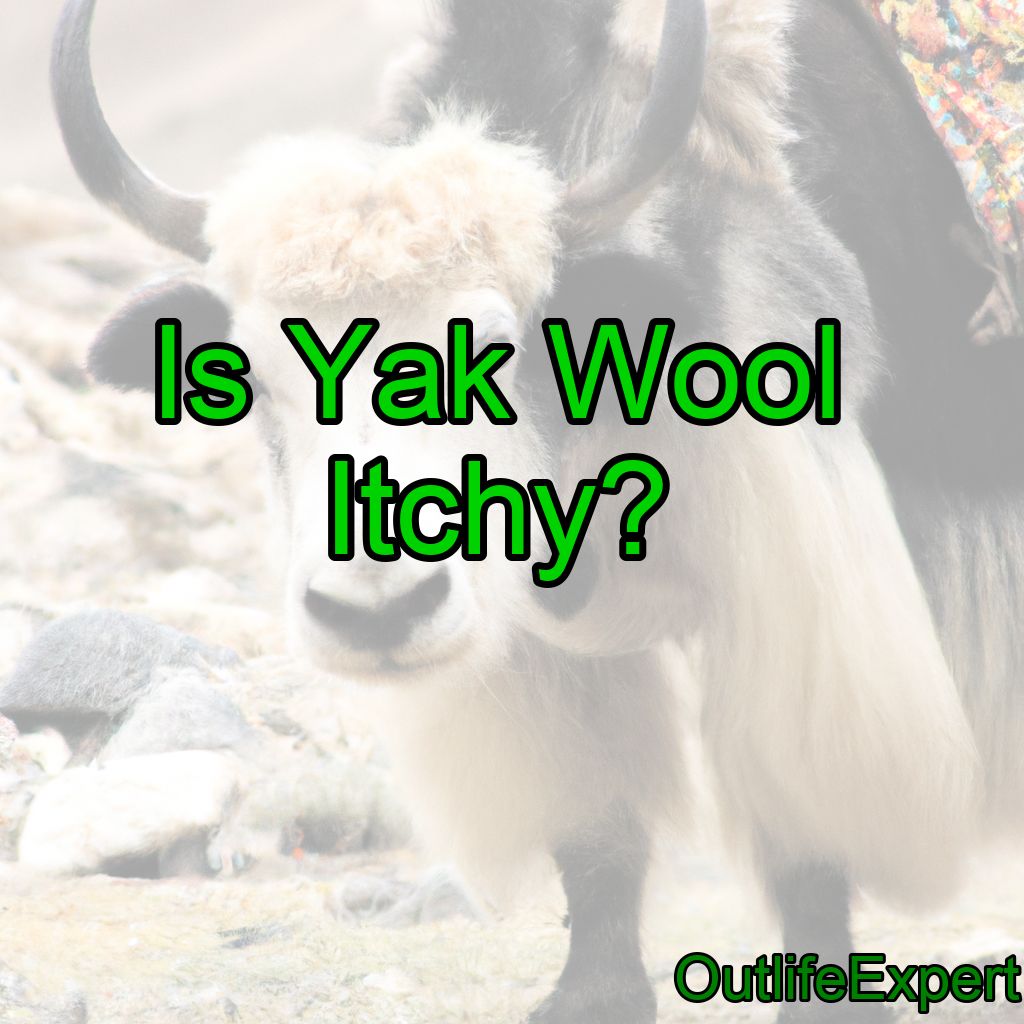Yak wool is an increasingly popular fiber for outdoor clothes and gear. Its unique properties make it ideal for those who want to stay warm without sacrificing comfort or style. But the question remains: Is yak wool itchy?
Yak wool is generally considered less itchy than traditional sheep wool due to its finer fibers and softer texture. However, individual sensitivity to wool varies, and some people may still find yak wool slightly itchy. To minimize itchiness, look for yak wool products with a high percentage of fine fibers and ensure proper care and washing to maintain its softness.
As an outdoor expert, I’m here to answer this burning question once and for all. We’ll look at the qualities of yak wool, why some people find it uncomfortable, and how you can use yak wool products with confidence.
From its insulating power to its luxurious feel, we’ll cover everything you need to know about this amazing material so you can experience ultimate freedom in the outdoors!
Overview Of Yak Wool

Yak wool is an incredibly sustainable natural resource that has been used for centuries. It’s one of the most popular fibers in weaving, and there are several different yak breeds which produce it with unique properties.
Production processes vary depending on the region, but all make use of traditional techniques to ensure quality results.
The beauty of this material lies in its versatility; from blankets to rugs to clothing, yak wool can be used for a variety of purposes.
Furthermore, by harvesting it responsibly we can guarantee its availability for future generations without compromising animal welfare.
Moving forward, let’s take a look at the benefits of using this incredible fiber.
Benefits Of Yak Wool
Yak wool is incredibly durable, so it’s great for all those outdoor activities you love! It’s also incredibly comfortable, so you won’t be itchy and uncomfortable while you enjoy yourself. Plus, it’s incredibly breathable, so you won’t overheat in the sun.
Durability
If you’re looking for a fabric that’ll stand the test of time, look no further than yak wool! It’s one of nature’s most durable fibers due to its incredible strength and resilience.
Not only is it strong enough to handle rough cleaning tips without fraying or tearing, but it also has natural climate adaptability making it perfect for outdoor adventurers who need clothing they can count on in even the toughest conditions.
And surprisingly, despite its toughness, yak wool doesn’t feel overly scratchy against your skin – so don’t let anyone tell ya otherwise!
So go ahead and enjoy all the benefits that come with this amazing fiber – durability being just one of them.
Comfort
When it comes to fabric care and comfort, yak wool is a great choice. It’s hypoallergenic so you don’t have to worry about any irritating skin issues or allergies that can come with other fabrics.
Plus, since it’s naturally resistant to dirt and mites, laundering this amazing material becomes a breeze! As an outdoor enthusiast myself, I know how important comfort is when on the move – but you won’t have to sacrifice durability for comfort here.
Yak wool fits the bill as an incredibly soft yet strong fabric that’ll keep up with your active lifestyle without causing any discomfort along the way. So if you’re looking to combine style and function while still feeling cozy in any environment, there’s no better option than yak wool!
Breathability
What’s even better about yak wool is its incredible breathability.
It has moisture wicking properties that help keep you cool and dry in warmer climates, while also regulating your body temperature during colder weather.
And because it’s hypoallergenic, you can enjoy this fabric without any fear of an allergic reaction!
Whether you’re hiking up a mountain or just lounging around the house, yak wool will make sure to keep you comfortable all day long.
So if you want to stay safe and snug wherever life takes you – look no further than yak wool!
Sensitivity Of Skin To Yak Wool
As an outdoor expert, I’ve had plenty of experience with yak wool over the years. It’s a surprisingly versatile material that can offer great comfort if cared for properly and used in the right way.
But one question remains: Why is yak wool itchy to some people and not to others?
The answer lies largely in its fiber composition; some people may be more sensitive to certain fibers than others, due to mild allergic symptoms as a reaction to yak wool.
However, this will also happen to other wool products, so maybe yak wool is better if you react to lambs wool already!
One of the compounds that may also irritate the skin is the lanolin present in most (but not all!) wool types.
Additionally, knowing how to take care of your yak wool is key to ensuring itch relief – this includes cleaning methods and frequency of use as well as avoiding animal cruelty by only purchasing ethically-sourced garments.
All these factors will influence whether or not you feel irritation from wearing yak wool.
It takes a bit of trial and error but finding the perfect combination between quality materials, responsible sourcing habits, and proper maintenance will eventually result in comfortable wearability without any chances of skin irritations.
Alternatives To Yak Wool
Now that we’ve discussed the sensitivity of skin to yak wool, let’s talk about some alternatives.
Cashmere, camel and vicuna wool tends to have less lanolin than yak and sheep, so these might be viable alternatives for you if you react to yak or sheeps wool!
Cashmere fiber is a great option for those looking for luxury and warmth from their materials. It gets its softness from goat hair, making it an incredibly warm and comfortable material.
Alpaca wool offers similar properties but with more lightweight fibers than cashmere.
Llama fiber also provides insulation without being too heavy or bulky as well as greater durability compared to other wools due to its special crimpy structure.

Merino wool is another popular choice and has become increasingly sought after in recent years because of its lightweight yet strong nature.
Finally, angora fur can provide a lot of warmth while still keeping you feeling cool during warmer months – perfect if you’re on the move all day long!
No matter what your needs are when it comes to clothing fabrics, there’s sure to be something out there that suits you perfectly – so don’t hesitate to try out different options until you find your ideal combination of comfort and style.
Frequently Asked Questions
What Is The Difference Between Yak Wool And Other Wool?
Yak wool is a unique and versatile fabric that’s been gaining popularity for its cold weather use, moisture wicking capabilities, sustainable sourcing practices, and softness level.
It’s also easy to care for compared to other types of wool – perfect for those who want an outdoor-ready material without the fuss.
Whether you’re looking for something comfy or rugged enough to tackle any adventure, yak wool could be your go-to fabric! Its breathable properties makes it ideal for active lifestyles while still providing protection against harsh elements.
Plus, with its sustainability credentials, you can feel good about choosing this renewable resource. So don’t let worries over itchiness keep you from experiencing the many benefits of yak wool; it just might become your new favorite textile!
How Much Does Yak Wool Typically Cost?
For those looking to buy yak wool, there are a few important considerations including cost and quality. Bulk buying can mean big savings so it’s worth shopping around for the best deals.
When considering the price tag of yak wool, remember that it often includes additional costs like dying processes and quality control, which means you’re getting top-notch fabric care along with your purchase.
Animal welfare is also an important factor in choosing yak wool over other types of wool, making sure the animals have been treated humanely during their life cycle.
As an outdoor expert who values freedom, I always recommend doing extensive research before investing in any type of natural fiber product – especially when it comes to yak wool!
What Type Of Clothing Is Yak Wool Used For?
Yak wool is an incredibly versatile type of fabric that can be used in a variety of clothing.
It is sheared from yaks during the springtime, and it often requires no dyeing process to achieve its natural colors.
In cold weather climates, yak wool makes for great outdoor apparel due to its insulating properties.
Additionally, when cared for properly it can last quite some time with proper care instructions.
Over all, yak wool has been utilized by alpinists and mountaineers alike as a go-to choice for outerwear and other garments ideal for extreme temperatures or conditions.
How Durable Is Yak Wool?
As an outdoor expert, I am often asked how durable yak wool is.
When it comes to this natural fiber, you can rest assured that its durability and longevity are top notch! Yak wool is known for being extremely resilient when given the correct care instructions.
This makes it ideal for all kinds of clothing items like sweaters, jackets, hats, and more. Not only does yak wool provide thermal insulation in even the harshest climates, but its ability to take dyes means that you have many options available when it comes to styling your garments.
Knowing the proper washing methods and storage solutions will also ensure that any piece made from yak wool lasts a lifetime—which should give adventurous souls peace of mind as they explore new horizons!
Is Yak Wool Suitable For People With Allergies?
Yak wool is an ideal material for those with allergies and sensitive skin, as the allergen levels are incredibly low compared to other fabrics.
Its production also benefits animal welfare, as it involves no harsh chemicals or dyes – making it both sustainable and gentle on your skin.
As yak wool has a high level of lanolin, fabric care can be challenging at times; however its softness and durability make up for this minor downside.
All in all, yak wool is an excellent option for anyone looking to enjoy their outdoor adventures without sacrificing comfort or sustainability.
Conclusion
The verdict is in: yak wool isn’t itchy! Unlike other forms of wool, yak wool has an incredibly soft texture that’s comfortable to wear.
The cost of yak wool can be higher than some other types of wool, but its durability and comfort make it worth the extra money. Yak wool is perfect for creating a variety of clothing items like sweaters, shawls, and even jackets—all without sacrificing style or warmth.
For those with allergies, yak wool can offer relief since it’s hypoallergenic and won’t cause any irritation. It truly is a miracle fabric that outdoor enthusiasts will cherish for years to come.
So if you’re looking for something warm yet lightweight that’ll last through all your adventures, look no further than yak wool; this timeless classic will have you feeling cozy as heck!
Overall, I’m so glad we’ve been able to break down what makes this material special and why it shouldn’t be overlooked in favor of more traditional fabrics. As an outdoor expert myself, thinking back on my first experience wearing yak wool still gives me goosebumps!
If you haven’t tried it yet, do yourself a huge favor and give yak wool a go – you won’t regret it.




